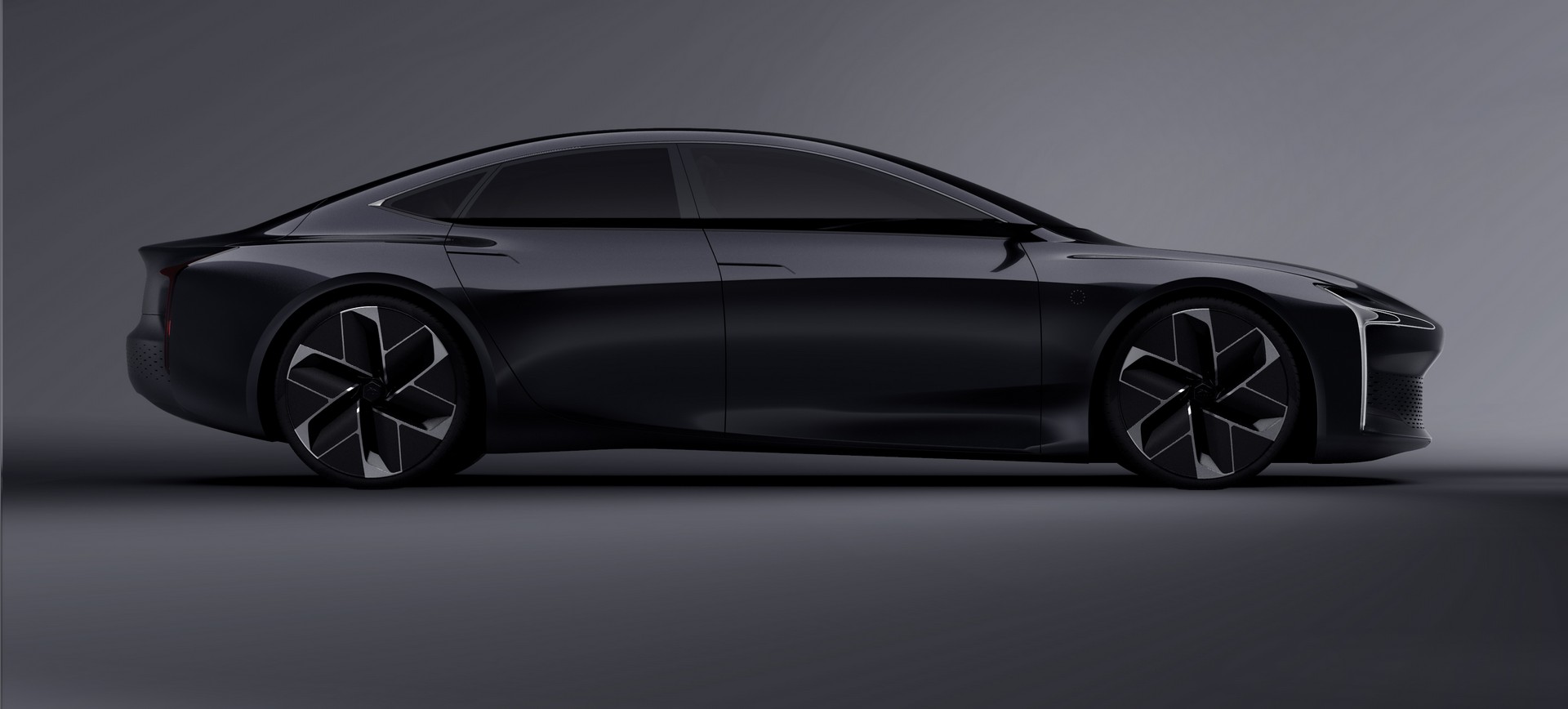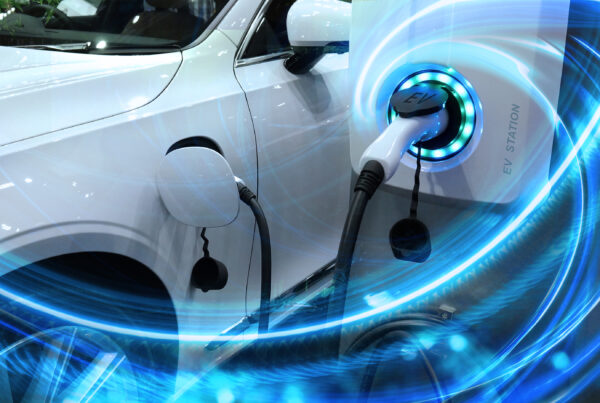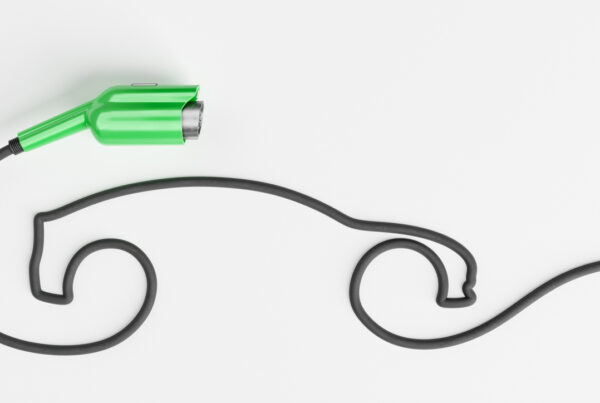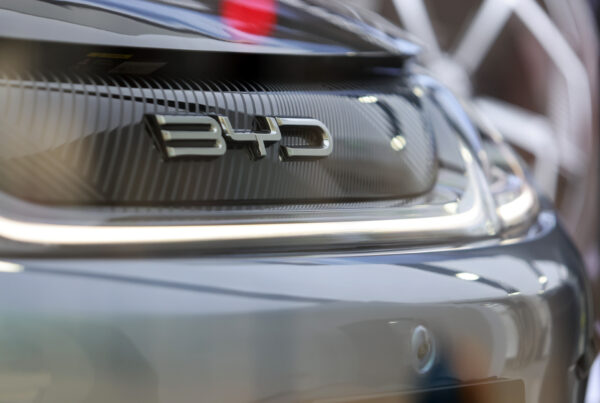French manufacturer of high-end hydrogen-powered sedans, Hopium, has recently announced a partnership to design and optimise the fuel cell stack and systems which will be used for their first offering, the Machina.
They will work with Gamma Technologies and will leverage physics-based GT-SUITE models and virtual calibration processes to fine-tune and determine the optimal operating point of their fuel cell stack.
“Hopium is in a unique position where we are, at the same time, stack designers and system integrators. As part of our development, we rely heavily on system modelling and analysis and chose GT-SUITE simulations for stack and system sizing,” said Jérémy Hattenburg, System, Simulation and Modelling Lead at Hopium.
“We need accurate models to guide our choices as well as control algorithms. Do that effectively, we need precision, a wide range of component libraries, fast and accurate models, and a mastery of the e-powertrain ecosystem.”
Meanwhile, Iakovos Papadimitriou, Chief Technical Officer at Gamma Technologies, commented, “Hopium is engineering, in record time, the performance hydrogen fuel cell electric vehicle (FCEV) of the future. Using GT-SUITE to predict system-level performance allows them to optimise their designs early in the development process. They are well on their way to achieving their goal of developing an exceptional performance, high-end FCEV vehicle.”
Led by former Le Mans 24-hour grand prix winner, Olivier Lombard, Hopium unveiled its hydrogen-powered sedan prototype in 2021, opening pre-orders for the Hopium Machina Alpha 0.



















